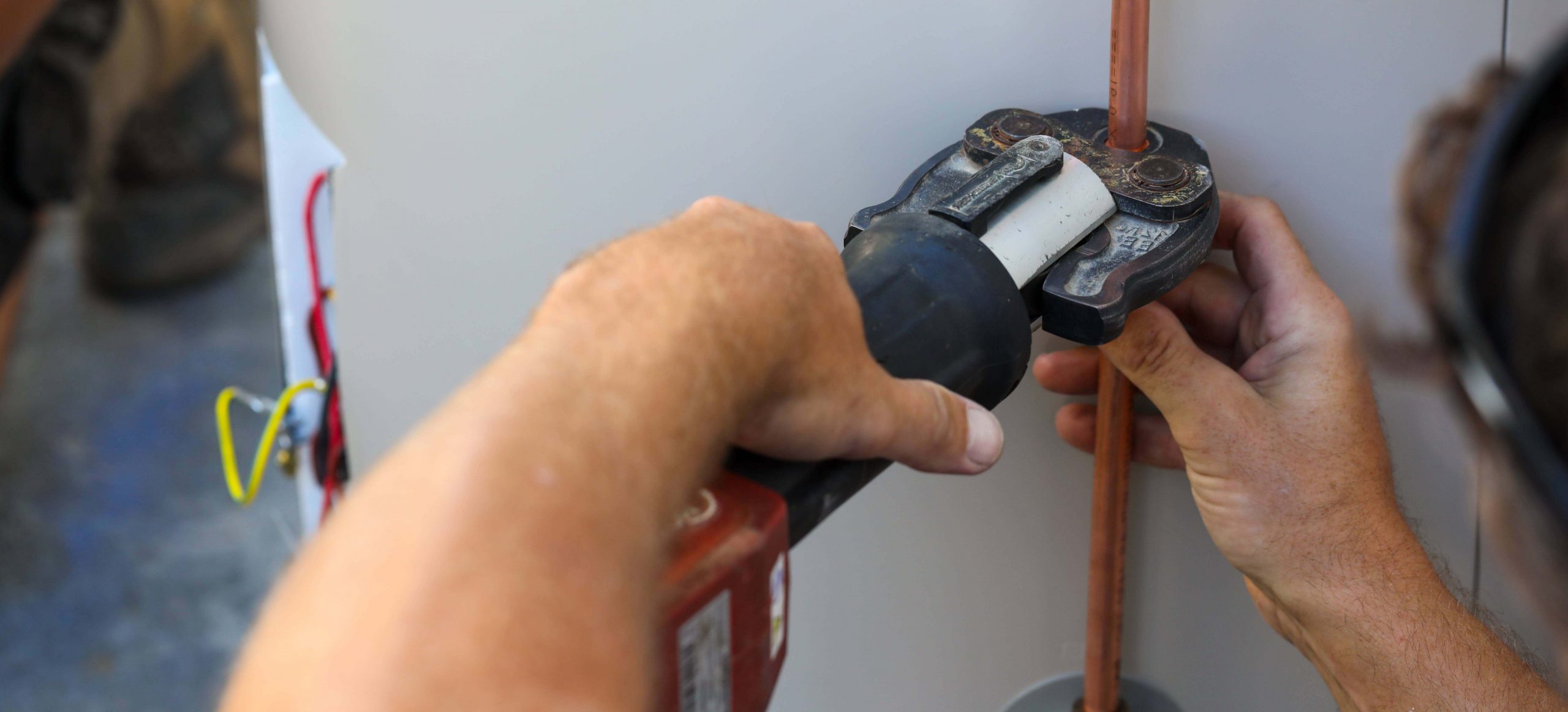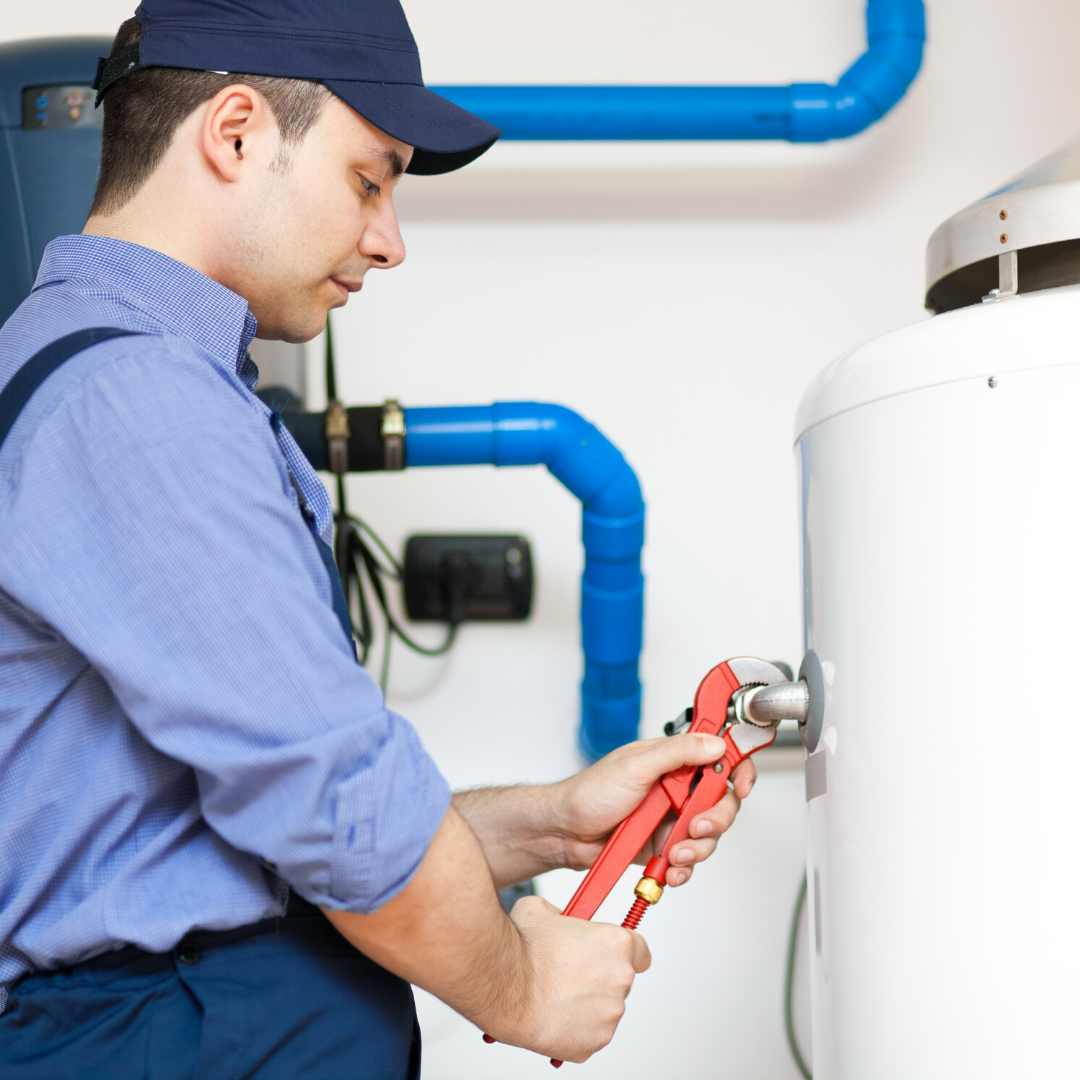Tackling the Frequently Encountered Water Heater Emergencies
Tackling the Frequently Encountered Water Heater Emergencies
Blog Article
Almost everyone will have their unique thinking when it comes to Common Hot Water Heater Problems.

A hot water heater is one of one of the most vital standard home appliances that can be located in a residence. With water heaters, you do not need to undergo the tension of home heating water manually whenever there is a demand to wash, wash, or the dishes. There is always an opportunity that your water heating system would act up as with many mechanical tools.
It is very important to note any type of little breakdown and tackle it rapidly prior to things leave hand. The majority of times, your water heater begins to malfunction when there is an accumulation of sediments as a result of continual use. As a preventative measure, periodic flushing of your hot water heater is recommended to avoid debris buildup and stop functional failure.
Usual hot water heater emergency situations and exactly how to deal with them
Insufficient hot water
Handling a not enough supply of warm water can be frustrating. It may be that the hot water heater can not support the warm water demand for your apartment or condo. To manage this problem, you could attempt to adjust your heater's temperature level dial and also wait for a few minutes. You can ask for the aid of a specialist plumber if the trouble persists. You might update your water heating system to one with a larger capacity.
Rising and fall water temperature level.
Your hot water heater could begin producing water of different temperatures typically ice hot or cold warm. In this scenario, the first thing you do is to guarantee that the temperature is set to the desired level. If after doing this, the water temperature keeps changing during showers or other tasks, you could have a damaged thermostat. There may be a need to replace either the thermostat or the heating device of your water heater.
Dripping water heater tank.
In this scenario, you should transform off your water heater, permit it to cool down, and very carefully look for the source of the issue. At times, all you require to do is to tighten a couple of screws or pipe connections in instances of minor leakages. If this does not work and also the leak continues, you could need to utilize the solutions of a specialist for a suitable substitute.
Blemished or stinky water
You require to know if the problem is from the water or the tank source when this happens. If there is no amusing scent when you run cold water, then you are certain that it is your hot water heater that is damaged. The odiferous water can be brought on by corrosion or the accumulation of germs or debris in the hot water heater container. You can try flushing out your container or changing the anode if the problem continues as soon as you observe this. The feature of the anode is to clean germs from your container. Given that the anode pole substitute calls for a comprehensive knowledge of your water heating unit, you will need the assistance of a professional.
Conclusion
Some home owners ignore little caution and minor faults in their water heater device. This just causes additional damage and also a possible complete failure of your appliance. You need to take care of your water heater mistakes as quickly as they come near avoid more expenditures and unneeded emergency troubles.
With water heating systems, you do not need to go through the anxiety of home heating water manually every time there is a need to take a bathroom, do the laundry, or the dishes. It may be that the water heating system can not support the hot water need for your apartment or condo. Your water heater can begin creating water of different temperature levels normally ice scalding or chilly hot. If there is no funny scent when you run cool water, then you are certain that it is your water heating unit that is faulty. The stinky water can be created by rust or the build-up of germs or sediments in the water heater container.
What’s Wrong With My Water Heater?
Not Enough Hot Water
You probably encounter this problem in the shower or while washing dishes. As you run your water, you’ll notice it starting to cool down. Turning up the hot faucet may not work, or it may only heat the water for a short period. Your hot water probably comes back and works normally one or two hours after you use it up.
If you’ve never had enough hot water, your heater may be too small for your home. If you haven’t had a problem until recently, there’s probably something’s wrong with your heater’s thermostat. Try adjusting it to see if you can feel a difference. Even if the thermostat’s working, the heating element itself could have burnt out. It’s also possible that a clog has restricted water flow into or out of the heater. Luckily, none of these problems are hard to fix, as long as you call them in early.
Water is Too Hot
Unregulated water heaters can make water dangerously hot. You probably have this problem if you’ve been scalded by your hot water. It’s also a likely culprit if you have trouble getting your faucets to produce a comfortable temperature. This problem is easy to fix, but it can also be a serious health hazard if you don’t address it. If you think your water is too hot, don’t doubt yourself; look into it!
Start by finding your heater’s thermostat and mark its position with a pen. Turn the thermostat to a cooler setting. Wait a couple hours to see if the problem is solved. If it isn’t, listen for boiling in the tank and look for water that comes out of the faucet steaming. In those cases, your temperature-pressure relief valve may be malfunctioning. This is a serious problem that can be dangerous, so you should have it looked at right away.
Discolored or Smelly Water
If all your water looks rusty or smells weird, there’s probably a problem with your pipes. If only your hot water looks weird, however, your water heater is probably at fault. Hot water discoloration comes in several varieties. It could look orange or brown-ish, taste rusty, or feel grainy. It could also look yellow or green-ish and taste gross or feel slimy. Either way, it’s a sign that there’s something wrong with your water heater’s tank.
Usually, hot water discoloration means sediment has built up in your tank. Sediment is made up of hardened minerals that accumulate on the inside of the water heater’s walls. When enough sediment builds up, it causes all kinds of problems–including your discolored water. Try flushing your water heater tank to clean out built up sediment. If the water still tastes rusty, your tank’s rust-preventing anode rod may have worn out. A pro can replace an anode rod easily, but without one, your tank could rust beyond repair relatively quickly.
Leaking
Water heaters can leak from several different places, and each leak means something different. If the leak is coming from a pipe above the heater, it’s possible the tank itself hasn’t been compromised. The cold inlet, hot outlet, and T&P pipes could all leak from above. Try tightening the problematic valve. If that doesn’t work, then the valve or pipe will have to be replaced.
If the leak is coming from the bottom of the tank, it’s important to determine exactly where it is. The leak could be coming out of the drain valve or your T&P valve below the tank. You can replace those valves and preserve the tank itself. If you notice the water tank itself leaking, however, that probably means it’s corroded beyond the point-of-no-return. Leaking water heaters are a big deal, so you should get yours replaced ASAP.
https://www.punctualplumberdallas.com/blog/whats-wrong-water-heater/

I am very fascinated by The Importance of Water Heater Maintenance and I hope you liked the entire blog post. Are you aware of another individual who is very much interested in the niche? Please feel free to promote it. I appreciate reading our article about Warning Signs You Need Water Heater Repairs.
Visit Page Report this page